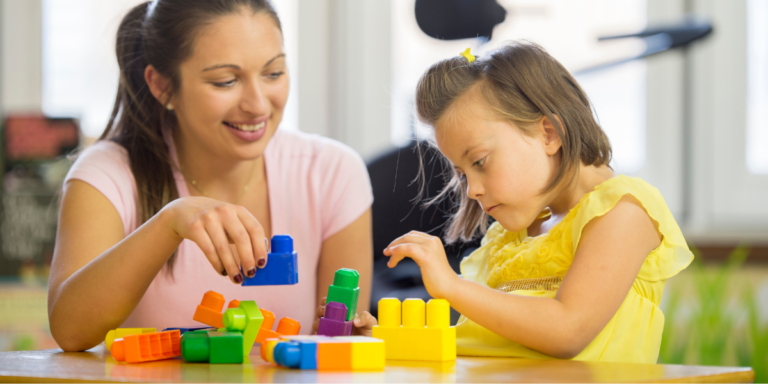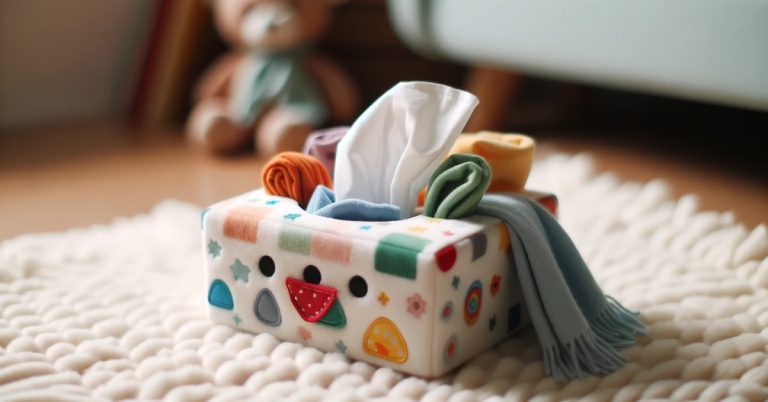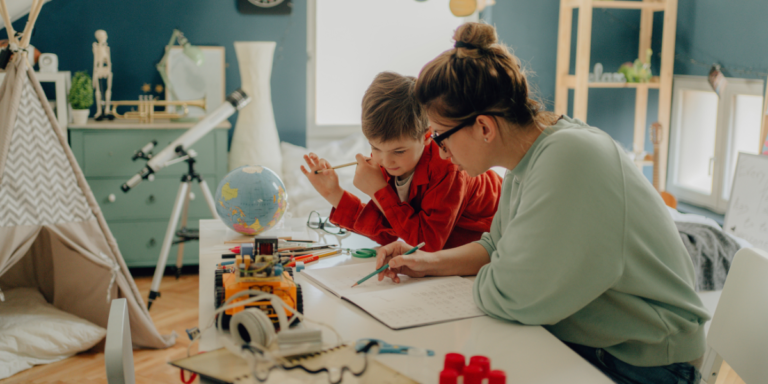The Montessori Way of Practical Life Activities
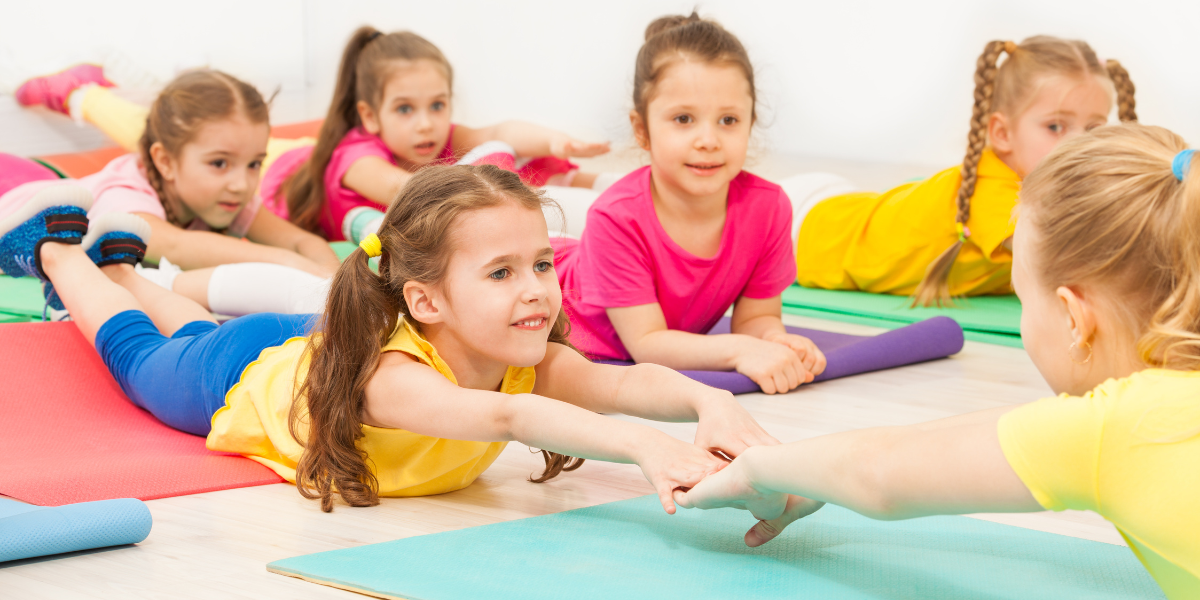
Montessori toys have long been recognized as one of the most effective ways to promote practical life skills in young children. These toys are designed to help children develop their fine motor skills, problem-solving abilities, and cognitive functions. If you’re looking for great learning tools that foster independence and self-sufficiency in your child’s life, you might want to consider Montessori toys.
The Importance of Montessori Practical Life Exercises in Child Development
One of the most important aspects of the Montessori approach to early childhood education is the emphasis on practical life exercises. These activities serve a dual purpose, helping children to develop both fine motor skills and concentration.
Practical life tasks are meant to help children build a foundation of basic skills, giving them the confidence to tackle more complex tasks as they grow older. Through these toys and activities, children can learn to become more independent, while also developing their social skills as they learn to collaborate with others. They can also provide children with opportunities for sensory development and problem-solving. Ultimately, practical life exercises are intended to help children become normalized members of society, confident in their own abilities to navigate the world around them.
Preliminary Practical Life Activities in Montessori Classrooms
The Montessori curriculum emphasizes key areas of practical life, including care of self, care of the environment, grace and courtesy, and control of movement. This foundational knowledge sets the stage for later, more complex practical life exercises in the Montessori curriculum. Here are some toys and activities that fall under each:
Care of Self: Engaging Children in Food Prep and Self Grooming
Practical life exercises are a crucial component of Montessori education, and encouraging children to participate in these activities can foster independence and self-confidence. Practical life activities such as food preparation and self grooming teach children important life skills and promote responsibility.
Involving children in food preparation can teach them about healthy eating habits and foster a love for cooking. Activities related to personal hygiene such as letting your child choose their own clothes help them develop independence, self-care skills, and confidence. Overall, incorporating practical life exercises into a child’s routine can lead to valuable life skills and promote a sense of responsibility and self-sufficiency.
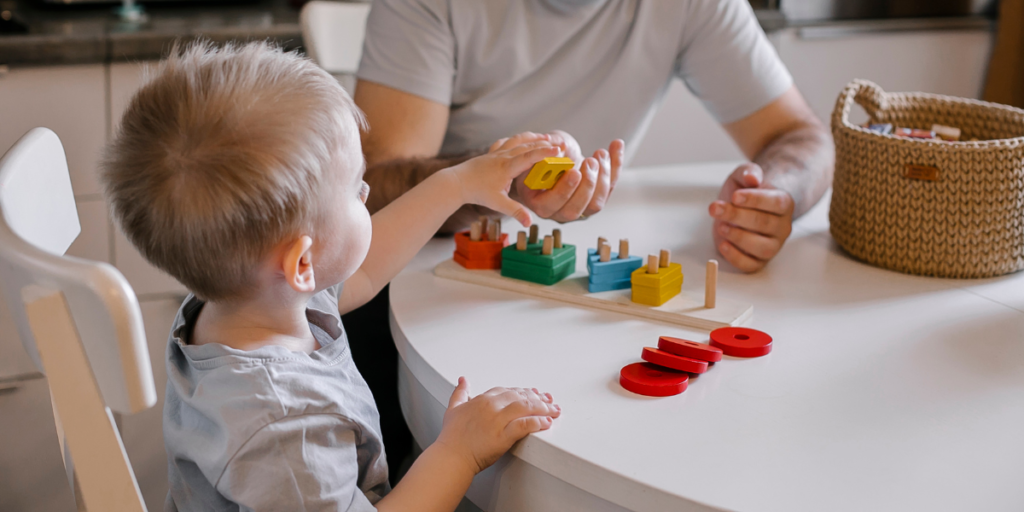
Care of the Environment: Child-Sized Cleaning Materials
Giving children the opportunity to use real-life tools and equipment that are tailored to their size encourages independence and self-confidence. The use of child-sized materials also improves hand-eye coordination and fine motor skills, as children are able to grasp and manipulate objects more easily. By introducing children to practical life activities through child-sized materials, they develop important skills while having fun and gaining a sense of accomplishment.
Grace and Courtesy: Group Work
This includes activities related to social skills, manners, and etiquette. Children learn how to greet others, say please and thank you, and how to interact politely with others. These activities help children develop social skills, empathy, and a sense of community.
In Montessori classrooms, children are encouraged to work together in small groups on projects or activities. For example, they may work together to build a structure with blocks or to complete a puzzle. Role-playing is another great way to encourage social interaction and cooperation among children. Children can take turns playing different roles, such as a doctor, nurse, or teacher, and they learn to work together to solve problems and complete tasks.
Control of Movement: Bunny Lacing Toy
The Bunny Lacing Toy can help children develop fine motor skills, hand-eye coordination, and concentration. Other practical life toys, such as threading trees or activity boards, can also aid in sensory development while engaging children in activities that mimic real-life skills.
You can also start them with simple tasks such as carrying a tray, spooning grain, or walking on a line. Through these, children learn how to do everyday living activities purposefully and independently.
The Bottom Line
Ultimately, the goal of practical life exercises is to help children become confident, normalized members of society who are capable of navigating the world around them. By providing children with opportunities to learn and practice practical life skills, parents and educators can help them develop the confidence and self-esteem they need to succeed in life.


